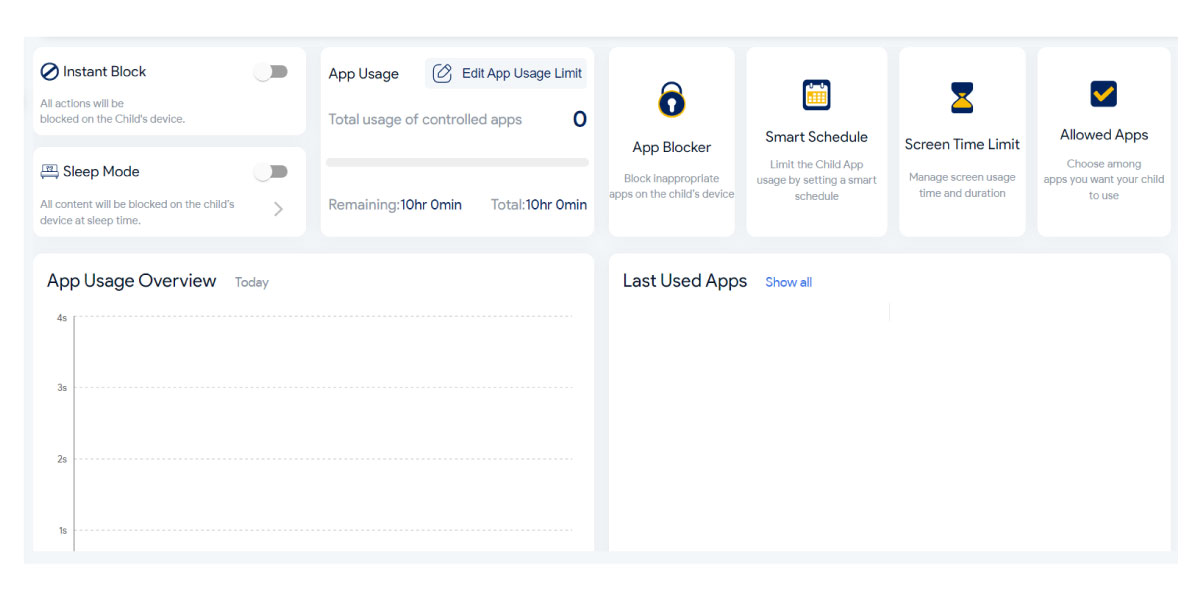Raising children in the digital age is not easy. With the internet and social media introduction, parenting has become even more challenging. Parents are often left feeling lost and overwhelmed as they grapple with the changes brought about by technology. Moreover, the influence of the internet and social media on children’s behavior cannot be overlooked. But how do parents influence their kids’ behavior in the age of the internet? This is a question I wish to answer in this blog post.
How the Internet and Social Media Affect Children’s Behavior
The internet and social media have a profound influence on children’s behavior. With the introduction of the internet, children have access to a vast source of information and a plethora of activities and games. Moreover, with the advent of social media, children are exposed to a whole new world of interaction and communication. This can lead to a host of cyber safety and health issues, such as cyberbullying and addiction to social media.
It is also important to note that the internet and social media can positively influence children’s behavior. For instance, children can learn valuable lessons and develop good habits, such as problem-solving skills and critical thinking, through the use of the internet. Furthermore, the internet and social media can be powerful tools for communication and connection with family and friends.
The Influence of Parents on Children’s Behavior
The influence of parents on children’s behavior in the digital age cannot be overlooked. Even with a powerful source of information called the internet existing, parents are the primary influence in their children’s lives. They can have a powerful impact on how their children behave.
Parents can influence their children’s behavior by teaching them the importance of healthy boundaries and the dangers of the internet. Parents should also be aware of the potential risks of the internet and social media and take steps to protect their children from these risks. This leads us to the importance of parental involvement in kids’ internet use.
Strategies for Parents to Influence Their Children’s Behavior
In the digital age, parental involvement is critical for influencing children’s behavior.. Parents can positively influence their children’s behavior by participating in their online activities. This includes monitoring their online activities, setting appropriate boundaries, and engaging in meaningful conversations about using the internet and social media.

There are a number of strategies that parents can use to influence their children’s behavior in the digital age. These include:
- Setting boundaries
- Engaging in meaningful conversations
- Providing a safe and secure environment
- Teaching the importance of healthy boundaries
Engaging in Meaningful Conversations
Engaging in meaningful conversations is also key to influencing children’s behavior. Open, effective communication is necessary in this day and age. Parents should strive to have meaningful conversations with their children about using the internet and social media. This includes discussing the potential risks and benefits of using these platforms and the importance of setting boundaries. Furthermore, communication is essential for setting boundaries and providing children with a safe and secure environment.
How Does Positive Reinforcement Influence Kids’ Online Behavior?
Positive reinforcement is a powerful tool for influencing children’s behavior. Parents should strive to reward their children for positive behaviors and discourage negative ones. This can be done through verbal praise, tangible rewards, or meaningful conversations about the importance of setting boundaries and the dangers of the internet and social media.
Providing a Safe and Secure Environment
Providing a safe and secure environment is another critical strategy for parents to influence their children’s behavior. Parents should ensure that their children have access to safe and secure online environments and take steps to protect them from online predators and cyberbullying. Again, parental controls can help by blocking age-inappropriate apps, websites, and search keywords on kids’ devices.
Teaching the Importance of Healthy Boundaries
Finally, teaching the importance of healthy boundaries is another way for parents to influence their children’s behavior. Parents should set boundaries for their children’s online activities and ensure that these boundaries are enforced. Preventing children from accessing inappropriate apps, websites, and search keywords is one way to do that. Parents also need to set boundaries for the use of technology. This includes setting limits for screen time, as well as for the use of social media and other online activities. Parental control apps can make setting boundaries more accessible and manageable.
How Does Safes Helps Parents Set Boundaries for Their Children?
A powerful way you can use to set boundaries for your child and protect them against online risks is by using parental control apps such as Safes. Safes offers you numerous features to monitor and control your child’s digital activity. Using the Web Blocker and Safe Search features, you can help your child avoid exposure to harmful content online. With the App Blocker feature, you can block age-inappropriate apps on your child’s phone, tablet, or computer. To prevent your kid from suffering from screen addiction and its consequences, you can set screen time limits for every app on their devices.

Concluding How Do Parents Influence Their Kids’ Behavior
Raising children in the digital age is a challenging task. The internet and social media have a profound influence on children’s behavior, and it is crucial to recognize the influence of parents in the digital age. Parents can influence their children’s behavior by setting boundaries, engaging in meaningful conversations, providing a safe and secure environment, and teaching the importance of healthy boundaries. Moreover, positive reinforcement and communication are essential for influencing children’s behavior. You can try the Safes parental control app as a complementary solution to maximize your child’s safety and health online.
If you like the parental control features of Safes explained in this article, feel free to download it from our website. We offer a 14-day free trial with premium features—no credit card is required.




